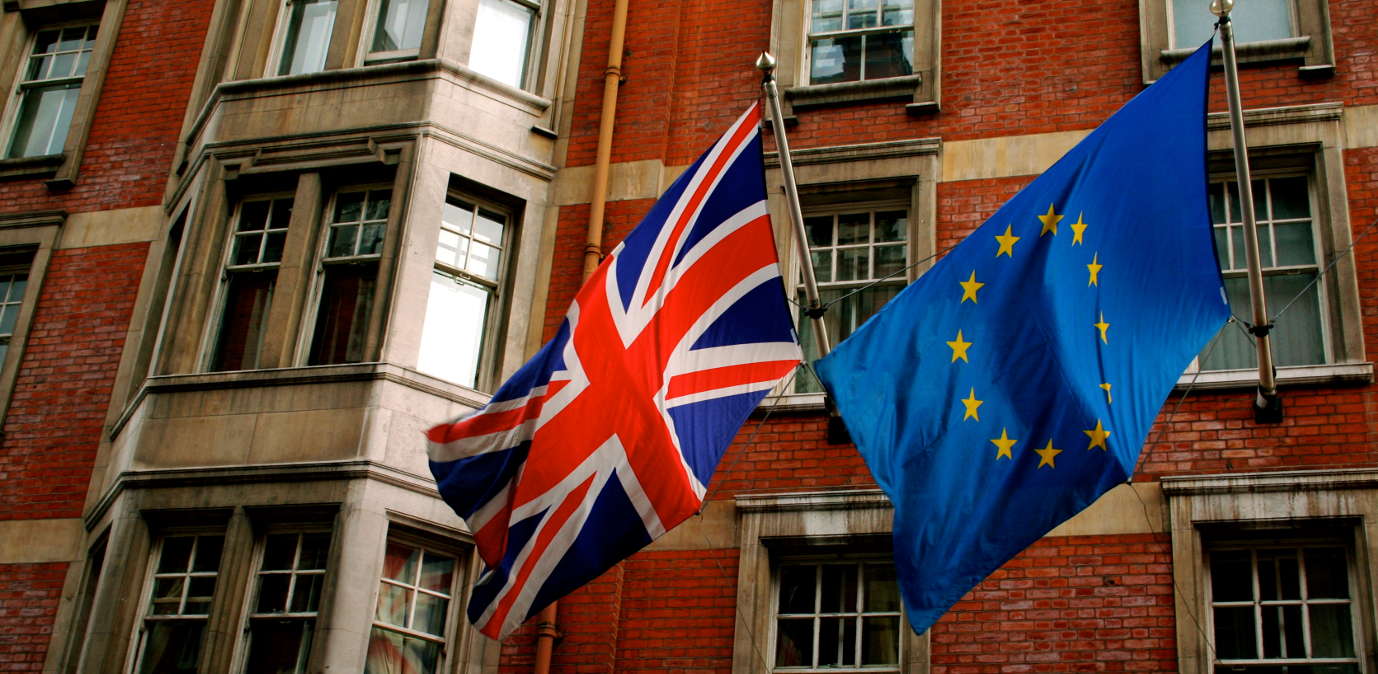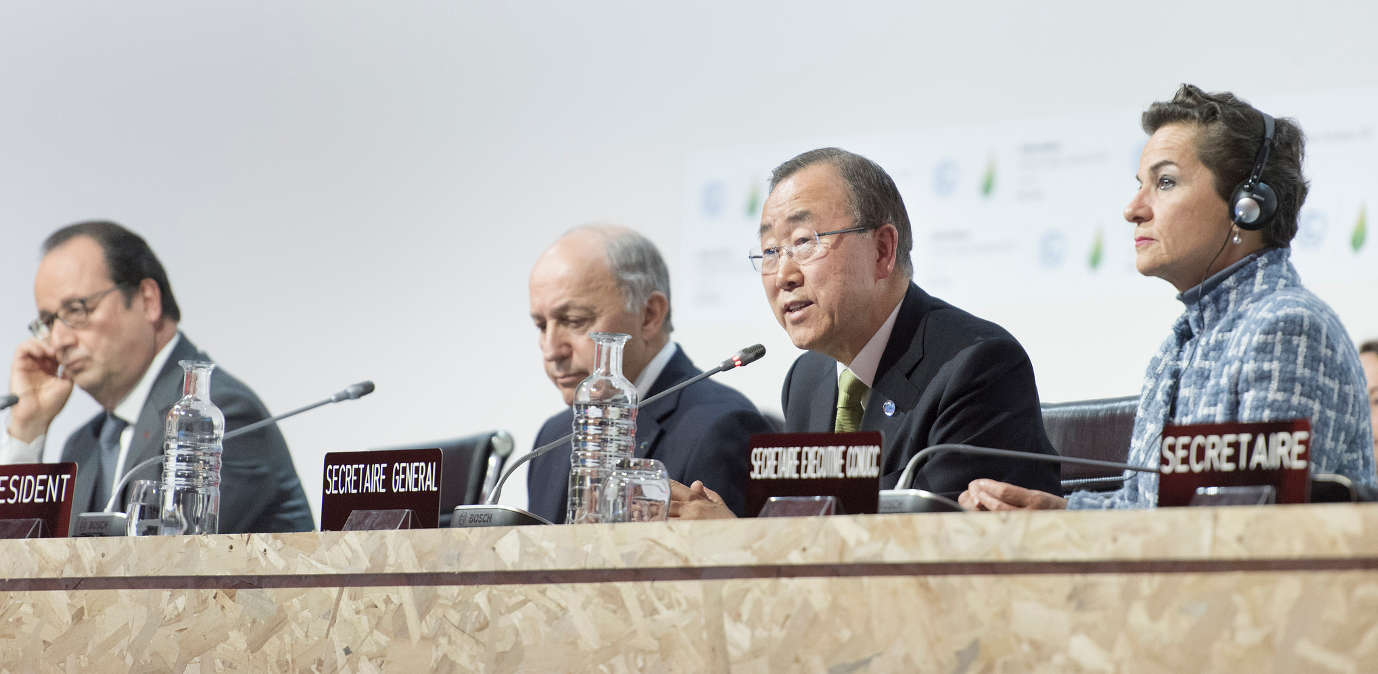Referendums are transformative events. Governments may come and go, but a decision to stay in or leave an economic union like the EU is an irrevocable judgement on the nation’s destiny – the most important decision in the lifetimes of voters in the UK. The implications will affect everything from the regulation of the air we breathe to the pensions we invest in. For the financial services sector, the general investment climate in the UK, as well as the contours of central bank policy on the equity banks must retain as capital buffers will be shaped by the outcome on June 23.
Recent Posts
Race to the tape in EU Referendum means investors need answers on implications now
Written by Inline Policy on 06 Apr 2016
UK well placed to lead transformation in financial services through global leadership in Fintech
Written by Inline Policy on 29 Mar 2016
The world of financial services is changing fast. The implications of blockchain technology or decentralised ledgers may not yet be a hot kitchen table topic but has the potential to utterly change the worlds of banking, insurance, asset management, and access to finance. In short, it could transform the economy around us. Though the US remains the largest base for investment in FinTech companies developing peer to peer finance and smart payment mechanisms with over $12bn investment in FinTech startups in 2015, more than doubling year on year growth, the UK is the fastest growing global market. With over £3.5bn annual investment in the sector in the UK, it is Europe’s FinTech leader over competition from Paris and Frankfurt.
16 for ’16: climate and energy issues to track this year
Written by Inline Policy on 07 Jan 2016
2015 was a significant year for climate and energy policy and markets: from the momentous Paris agreement to Obama’s continuing push on the Clean Power Plan; from the new British Government’s fresh (and controversial) energy approach to, at last, some stability for the EU Emissions Trading System (ETS), which may have real implications for the longer-term.
Regulatory Sandbox – a new form of policymaking
Written by Inline Policy on 07 Dec 2015
The ways and means in which regulation is developed and implemented in the internet age have changed. Regulation across the globe can only follow the rapid expansion of new innovation and business models in, for example, online short-term rentals or car-sharing platforms. There is a continuing trend towards companies developing an idea and going to the market with it fast, with the result that regulation is so far behind it must adapt to the new business environment.
Regulation and policy take centre stage at TCT 3D printing show
Written by Inline Policy on 02 Nov 2015
According to recent research by management consultancy A.T. Kearney, the global market for 3D printing is set to grow from $4.5 billion today to $17.2 billion by 2020. With this rapid growth will come added scrutiny from policy makers and regulators. To support its long term growth, and for the industry to fulfil its remarkable potential, a supportive regulatory and policy framework will be critical. To help build this framework, and to put in place policies that will stimulate industry growth and accelerate the uptake of 3D printing technology across the economy, it will be imperative for industry associations to play their part and to engage with key policy makers and regulators.
Market makers – Grub Club and the growth of meal-sharing
Written by Inline Policy on 28 Oct 2015
Like many growing sectors in the sharing and on-demand economy, meal-sharing platforms are changing how individuals interact and consume. Innovative businesses are providing alternative catering services, often with a community or social focus, that disrupt the traditional choice between restaurants, takeaways and home-cooking.
The Road to Paris
Written by Inline Policy on 22 Oct 2015
Politicians have shown they are serious - to achieve a positive outcome, the negotiators need to do the same.
For those not acquainted with the international negotiations on climate change - perhaps even more so for those who have that first-hand experience - they are at best an irritant, at worst a pointless relevance. Since the UNFCCC[1] process began in the early 1990s after the international community agreed that “dangerous” climate change should be addressed, negotiators have gathered year after year in different parts of the world to discuss how the international community can take action to mitigate the climate problem and how the most seriously affected regions (usually in poorer countries) can adapt to the changes brought about by the steady increase in atmospheric and sea temperatures.
Capital Markets Union – What Does It Mean For The Fintech Industry?
Written by Inline Policy on 01 Oct 2015
On a day when the entire financial services industry in the UK and in Continental Europe dissected the long-awaited – albeit leaked – European Commission Action Plan on Capital Markets Union, a few eyebrows were raised about some potential implications for the fintech community. Regulators at national and supranational level are still pondering over an optimal regulatory framework to promote the fintech industry whilst at the same time ensuring adequate consumer protection; but not necessarily on a like-for-like basis with the established providers, who are already beginning to use the ‘level playing field’ argument to challenge the disruptors.
Online dating vs. Mobile dating – New opportunities and challenges
Written by Inline Policy on 18 Sep 2015
In our previous analysis piece on the topic of online dating we explored the importance of industry regulation, as market actors continue to innovate and find new ways of marketing and delivering their services to users. New technology, in the form of smartphones, tablets, or wearable tech devices, has provided online dating companies with new tools to deliver their services and reach out to new customers.
Is the EU ETS back on its feet?
Written by Inline Policy on 07 Aug 2015
The EU Emissions Trading Scheme (ETS), the EU’s flagship climate policy instrument aimed at reducing greenhouse gas emissions at least economic cost and incentivising investment in the low-carbon economy, has been back in the news - for once in a positive sense.
Paving the way for a 'circular economy' in Europe
Written by Inline Policy on 10 Jul 2015
In a speech at the European Parliament plenary debate on Monday 6th July, First Vice-President of the European Commission, Frans Timmermans, said that the Commission “remains strongly committed” to present a circular economy package towards the end of this year. The reasons are quite simple: Vice-President Katainen, Commissioner Vella, Commissioner Bienkowska, and others, essentially believe that the new circular economy package can bring:
Capital Markets Union – a new framework for diversification
Written by Inline Policy on 26 Jun 2015
In February of this year, the European Commission unveiled its Green Paper for ‘Building a Capital Markets Union’. Over the coming five years it will be the flagship project for the Directorate General responsible for Financial Stability, Financial Services and Capital Markets Union (DG FISMA). The Green Paper clearly states that the European Commission’s objective is to stimulate economic growth, largely through simpler access to capital markets, which will diversify the sources of SME financing and in turn support their growth. So what does the Capital Markets Union (CMU) mean for new innovative and a high growth companies? How does the CMU plan address their many concerns whilst also building on their many achievements?
Climate and energy policy under the new Conservative Government: What do we know? What can we predict?
Written by Inline Policy on 03 Jun 2015
The dominant media narrative on climate and energy policy under the Coalition Government had become something of a cliche. The Liberal Democrats were ‘the green heart’; the Tories were ‘arch-advocates of oil and gas’; the Lib Dems, led by Secretary of State Ed Davey, were the ‘champions of disruptive utilities companies’, taking on the power of the Big 6; and the Tories were ‘in the pockets of the big energy companies.’
UK General Election: Where the parties are appealing to young people (and where they are not!)
Written by Inline Policy on 30 Apr 2015
Research released by the UK Electoral Commission in summer 2014 said that up to 7.5 million eligible people had not yet registered. Despite a major “use your vote” drive in recent weeks as the election campaign has swung into action, there will probably still be millions of voters who have effectively disenfranchised themselves from going to the ballot box on 7 May. The Commission has also estimated that, in the 2010 election, only 44% of 18-24 year-olds voted. So it would be fair to conclude that that there will be many young people who won’t vote on 7 May - a shame when, for most of them, it will have been their first opportunity to exercise their democratic prerogative.
From fracking to fuel switching: Where are the energy and climate political dividing lines in this election?
Written by Inline Policy on 30 Mar 2015
Energy and environmental policies have been a regular talking-point during the period in office of this coalition government. Most of the public will have heard of David Cameron’s ambition that his should be the “greenest government ever”, while few speeches from Ed Miliband have grabbed the spotlight in the manner his “price freeze" party conference speech did in September 2013. Subjects which used to live in the world of policy and markets wonks - the link between wholesale and retail prices, the impact of energy efficiency measures, the cost of renewables, Russian gas pipelines, not to mention the controversies generated by fracking - have become almost mainstream topics.
 Insights from Inline Policy listing page
Insights from Inline Policy listing page












